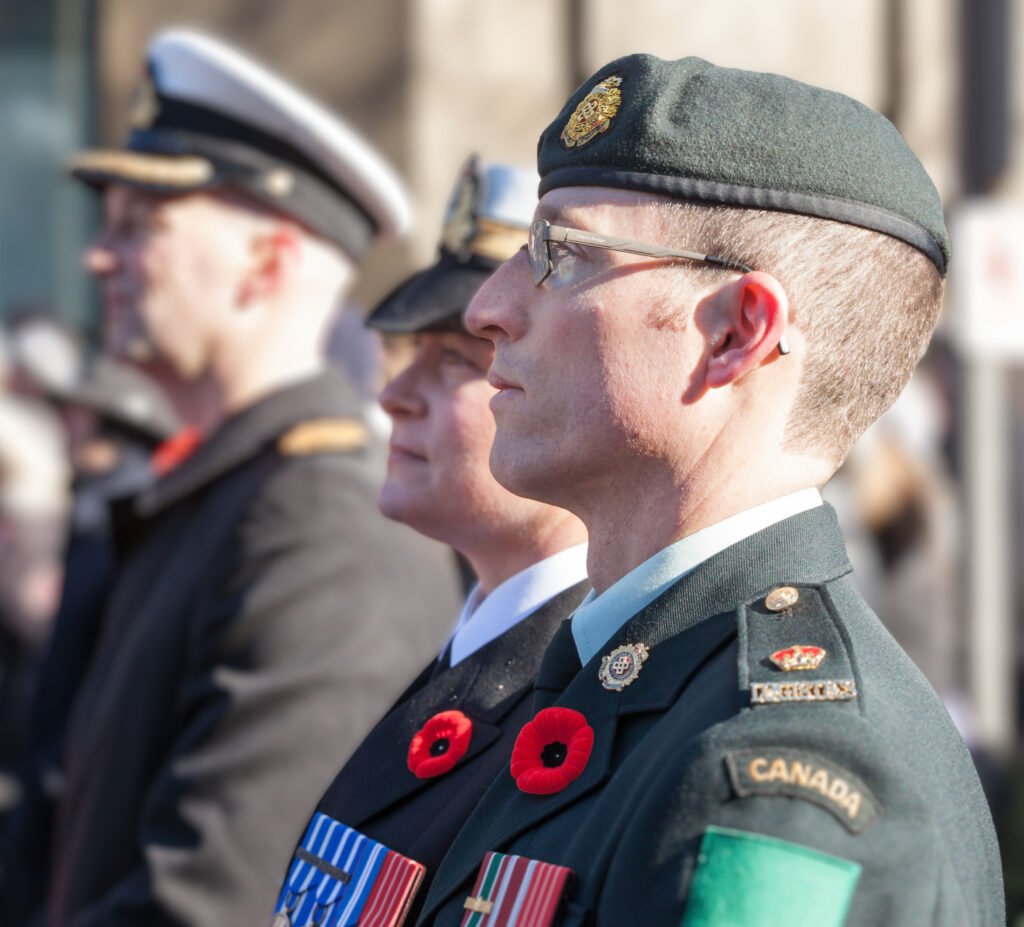Why should every veteran receive a medal for their service?
and how do we make this happen?
Awarding medals for military service is a decision typically based on specific criteria such as the type and duration of service, acts of valor, and overall contributions to the military or society. While it may be logistically challenging and potentially diminish the significance of certain awards if every veteran received a medal.
Veterans often receive recognition through various channels, including official military awards, veteran service organizations, governmental proclamations, and public acknowledgments. It’s important to ensure that the awarding of medals retains its meaningfulness and accurately reflects the unique contributions and sacrifices made by individuals in service. Honoring veterans in a thoughtful and meaningful way can help highlight their dedication and the significance of their service to the country.

Implementing a Medal for Service for every veteran involves several key steps and considerations:
Define clear and inclusive criteria for eligibility to receive the universal veteran's medal. This could include individuals who have served in the military, regardless of branch, rank, length of service, or specific achievements.
Develop a design for the universal medal that represents the nation's gratitude toward all veterans. The medal design may incorporate symbolic elements that reflect the values of military service and sacrifice. Obtain approval from relevant authorities for the medal's design
Identify a reputable manufacturer to produce the universal veteran's medal in the desired quantity. Ensure that the manufacturing process meets quality standards and specifications to create a medal that is durable and visually appealing.
Establish a distribution process for the universal medals to ensure that they reach all eligible veterans. This could involve coordination with government agencies, veterans' organizations, military units, and other relevant stakeholders to facilitate the distribution of the medals nationwide.
Consider organizing recognition ceremonies or events to officially present the universal veteran's medals to recipients. These ceremonies could provide an opportunity to honor veterans publicly, emphasize the significance of their service, and promote community engagement in recognizing veterans' contributions.
Maintain accurate records of veterans who have received the universal medal to ensure transparency, accountability, and efficient tracking of awards. Establish procedures for verifying eligibility and managing the awarding process effectively.
Conduct educational campaigns and outreach efforts to raise awareness about the universal veteran's medal, its significance, and the importance of honoring veterans. Engage with veterans, their families, and the public to promote understanding and appreciation for military service.
Continuously evaluate the impact and effectiveness of the universal veteran's medal program through feedback from recipients, veterans' organizations, and other stakeholders. Monitor the program's success in achieving its goals and make adjustments as needed to improve its implementation.
By following these steps and addressing the logistical, administrative, and communication aspects of implementing a veteran’s Medal for Service, it is possible to establish a meaningful and effective recognition program that honours the service and sacrifices of all veterans.
